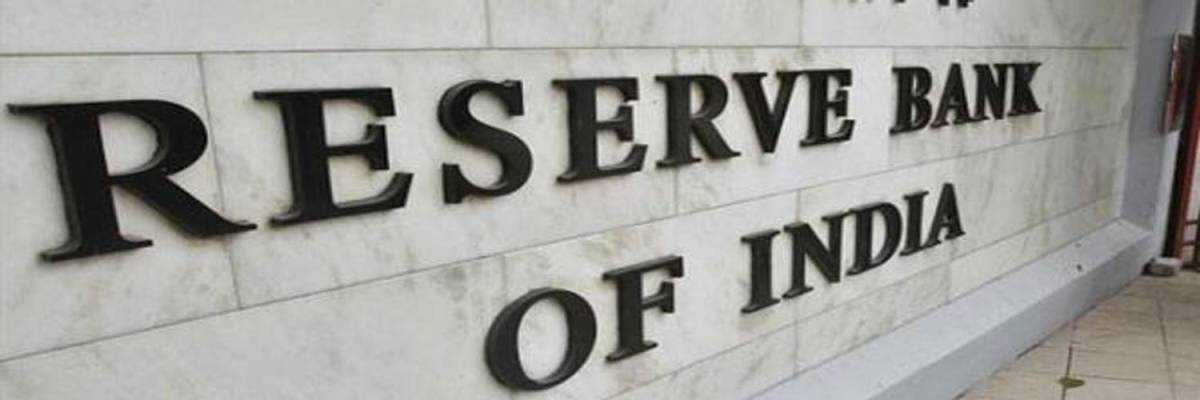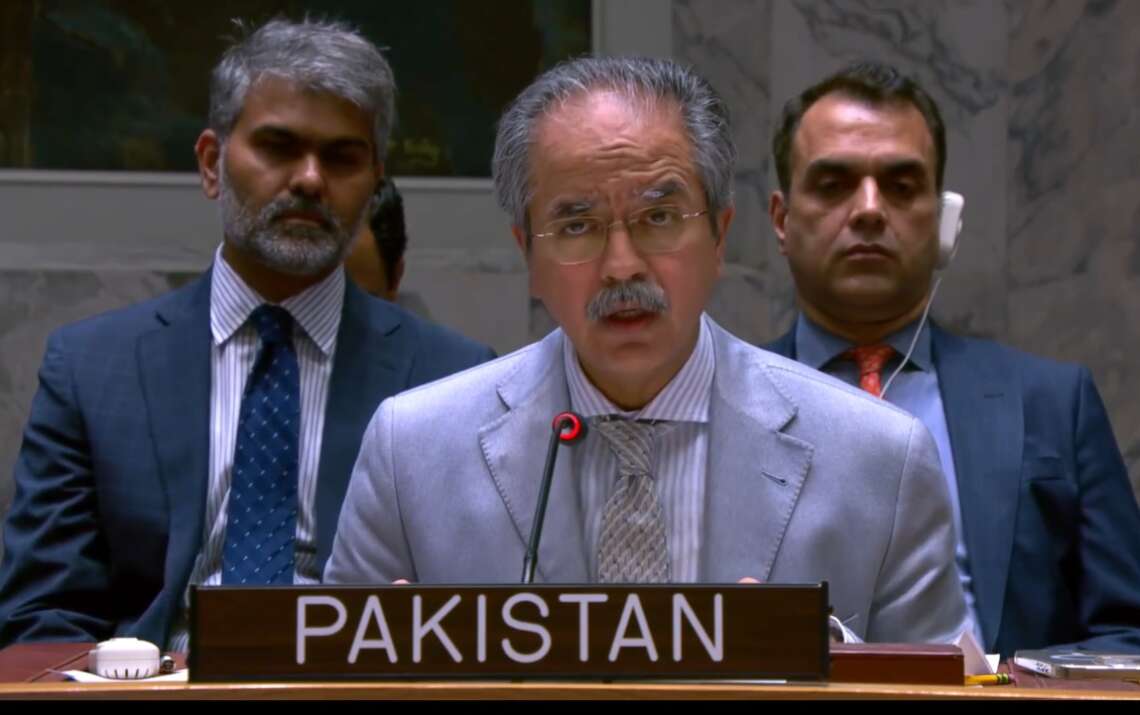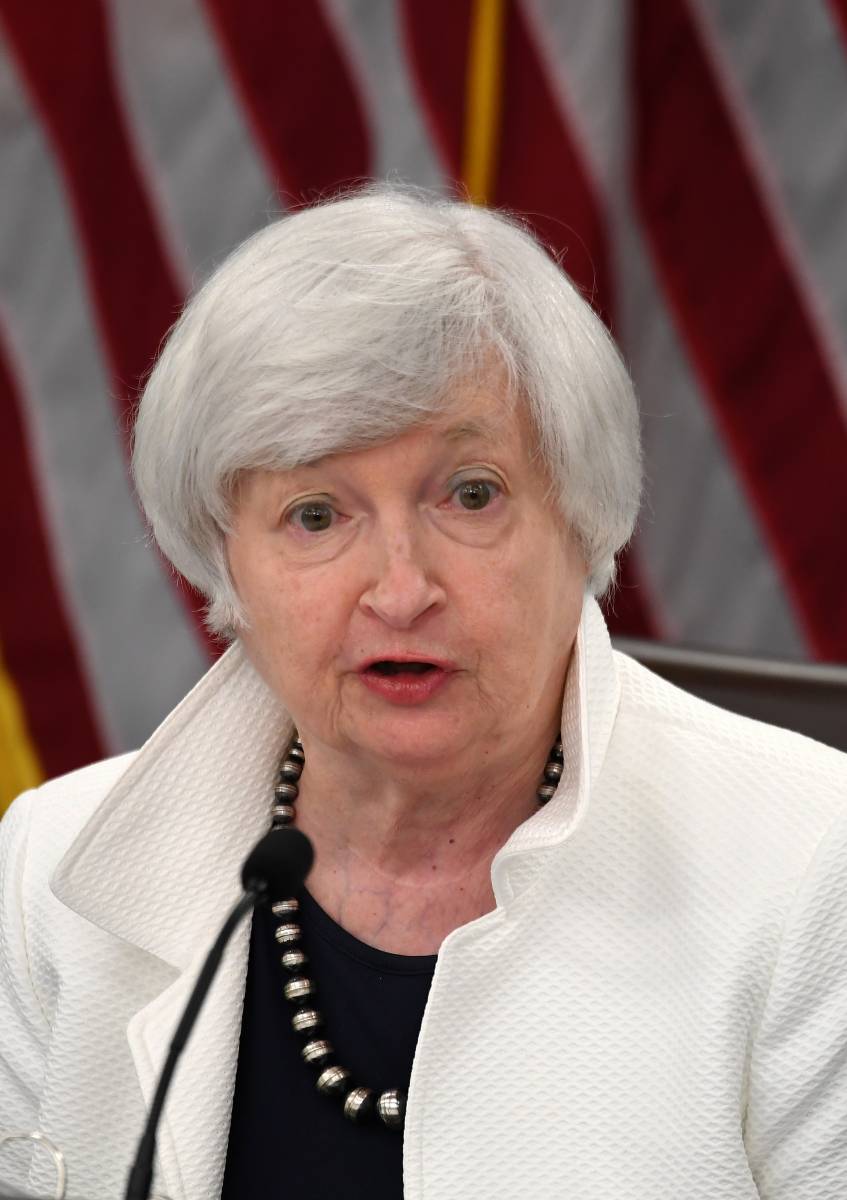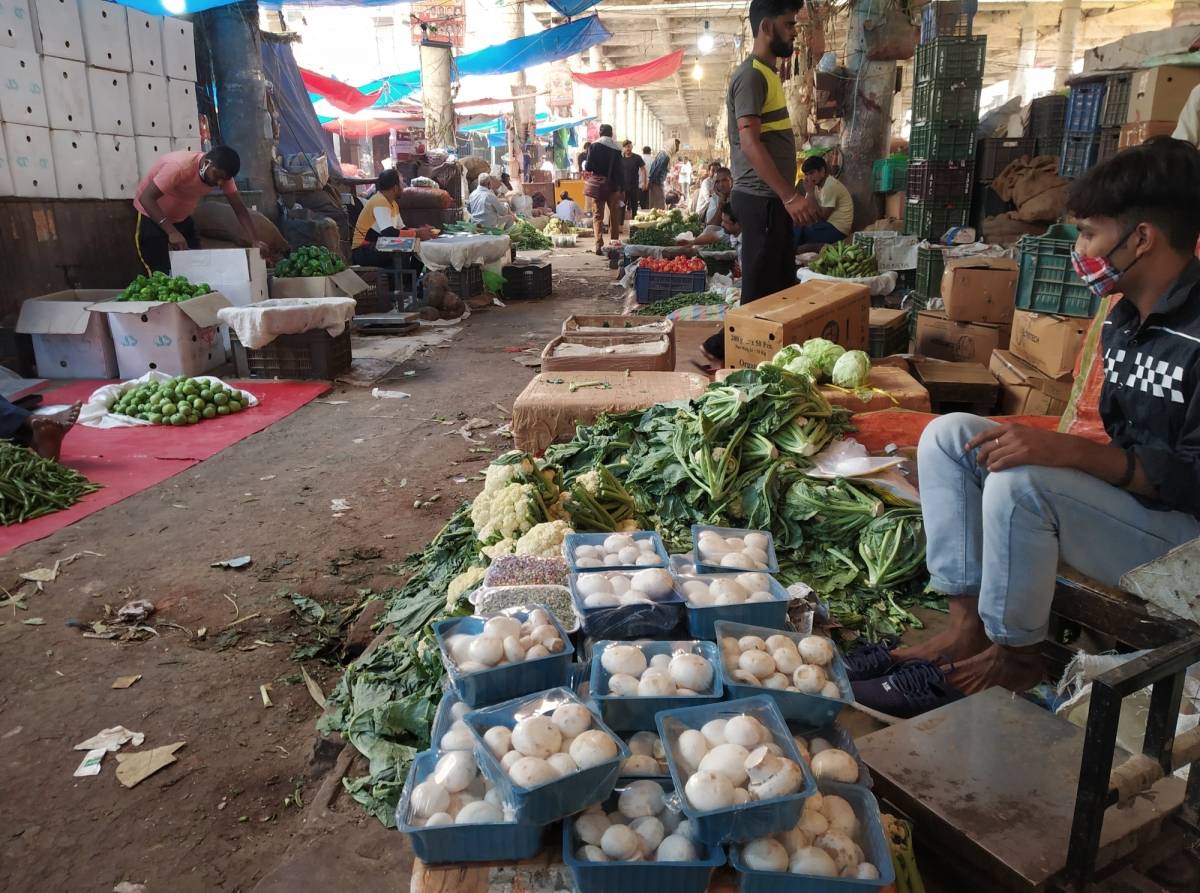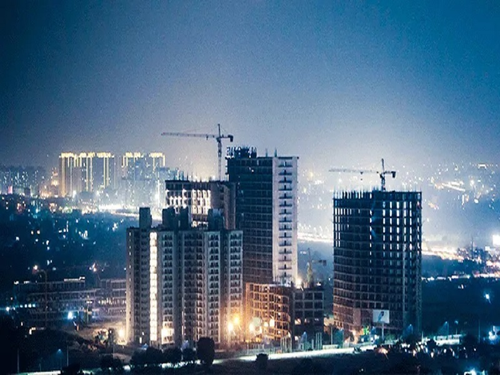The PCA Framework will be reviewed after three years of being in operation….reports Asian Lite News
The Reserve Bank of India on Tuesday introduced the prompt corrective action (PCA) framework for non-banking financial companies (NBFCs), and it will come into effect from October 1, 2022, based on the financial position of NBFCs on or after March 31, 2022.
“NBFCs have been growing in size and have substantial interconnectedness with other segments of the financial system. Accordingly, it has now been decided to put in place a PCA Framework for NBFCs to further strengthen the supervisory tools applicable to NBFCs,” the central bank said.
The PCA Framework will be reviewed after three years of being in operation. The measure is applicable to all deposit-taking NBFCs (excluding government companies), all non-deposit-taking NBFCs in ‘Middle, Upper and Top Layers’.
For both deposit and non-deposit taking NBFCs, capital and asset quality would be the key areas for monitoring under the PCA Framework.
For CICs (core investment company), capital, leverage and asset quality would be the key areas for monitoring under the framework.
“For ‘NBFCs-D’ and ‘NBFCs-ND’, indicators to be tracked would be Capital to Risk Weighted Assets Ratio (CRAR), Tier I Capital Ratio, and Net NPA Ratio (NNPA).
For CICs, indicators to be tracked would be the Adjusted Net Worth or Aggregate Risk Weighted Assets, Leverage Ratio, and NNPA,” the RBI said.
NBFCs will generally be placed under PCA Framework based on the audited Annual Financial Results or the Supervisory Assessment made by the RBI. However, the central bank may impose PCA on any NBFC during the course of a year in case the circumstances warrant, it added.
On the move, ICRA Vice President and Sector Head, Financial Sector Ratings, A.M. Karthik, said: “PCA framework brought in for NBFCs follows a slew of measures namely scale-based regulation, revision in NPA recognition etc, taken by the RBI to augment the regulatory and supervisory framework for the sector.
“The thresholds around total capital adequacy and Tier-I capital for classification of an NBFC in the PCA category are liberal, however some entities could breach the net NPA criterion of more than 6 per cent, if the asset quality does not improve.”
Among the large NBFCs, ICRA notes that about three entities are in breach of the net NPA criterion as of September 2021. However, all these entities have an established parentage.
Karthik also said that in view of the tightened NPA recognition and upgrade norms which became applicable from November 2021, NPA levels of NBFCs were expected to remain under pressure in the near-term.
“As PCA guidelines are applicable from October 2022, entities are expected to bring the NPA levels under control by improving provisions or effecting write-offs.
“NBFCs have good pre-provision profits to absorb the same, without adversely impacting their capital profile.”
However in view of the above regulatory changes, ICRA expects the sectoral growth to be impacted in the near-term, as entities tighten their credit norms and as operational focus may shift towards collections.
BCT Digital CEO Jaya Vaidhyanathan said: “Globally, shadow banking or lending entities outside the banking system have been under observation for possible excesses in credit due to their lax regulation compared to banks.
“Though regulation for these NBFCs is deliberately more lenient than banks, recent episodes like IL&FS, DHFL in India, and many in China have made regulators realise that checks and balances are required. Especially because NBFCs tend to borrow from banks and lend it to customers whom banks may not want to finance.”


